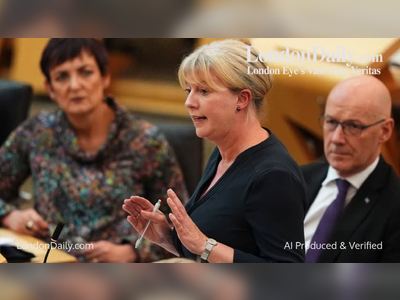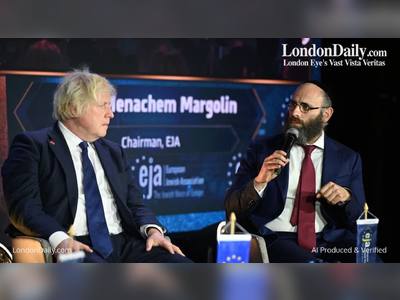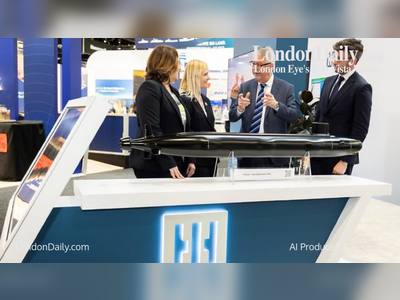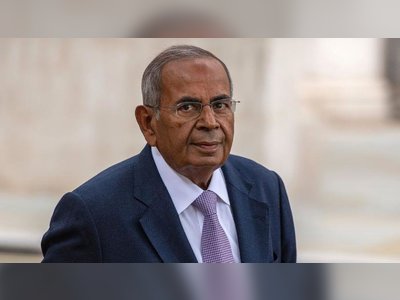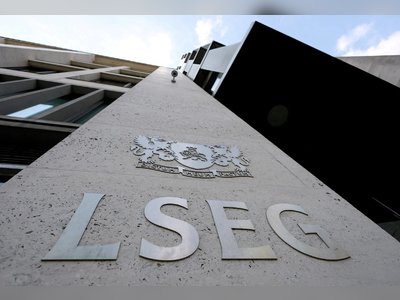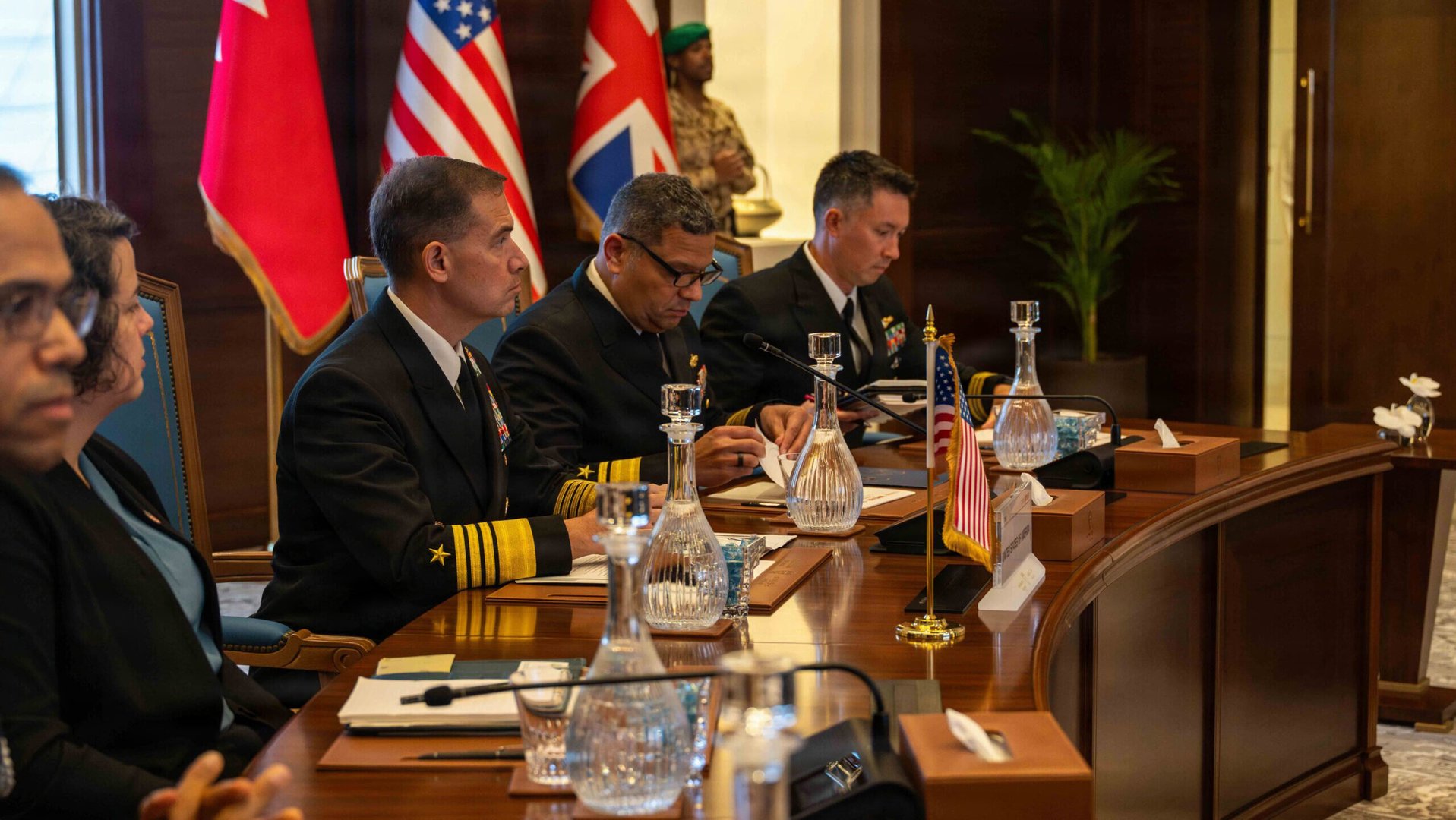
UK Joins US–Bahrain Security Pact as Defence Working Group Goes Trilateral
For the first time, the United Kingdom is part of the annual C-SIPA defence working group with the United States and Bahrain, marking a shift to three-way cooperation
The United Kingdom has formally participated for the first time in the annual defence working group under the Comprehensive Security Integration and Prosperity Agreement (C-SIPA) alongside the United States and the Kingdom of Bahrain.
The meeting, held in Manama from November 1 as part of the Manama Dialogue, elevates the pact from a bilateral framework to a trilateral platform.
C-SIPA was originally signed in September 2023 between the United States and Bahrain.
Under its three pillars—defence and security; economy and commerce; science, technology and network security—it provides for integrated responses to regional threats and enhances strategic cooperation.
The UK’s accession, effective June 19 2025, has given the agreement a broader foundation and introduced London as an active member.
UK Ambassador to Bahrain Alastair Long described the participation as “really important” for the three partners, noting that while the UK and the United States already work closely, bringing London into this specific forum acknowledges deepening cooperation across defence, diplomacy and technology.
Lieutenant General Shaikh Nasser bin Hamad Al Khalifa of the Royal Guard noted the working group will serve as a “key platform addressing all shared security and defence issues among member states.”
The timing of the UK’s active engagement reflects shifting dynamics in the Gulf region amid multiple security challenges—from maritime threats in the Red Sea to escalating tensions involving Iran and regional proxies.
The UK, with its historical presence in Bahrain and shared strategic interests with the United States, is positioned to contribute additional naval, intelligence and technological capacity to the alliance.
While the United States and Bahrain led the working group’s prior sessions, the addition of the UK enables deeper interoperability and sends a clear signal of allied unity.
According to a U.S. Central Command spokesperson, the pact “calls on taking threats seriously, both from malign individuals or actors, but also any other individuals or states that seek to destabilise the region.”
Going forward, the working group is expected to explore joint exercises, intelligence-sharing mechanisms, defence-industrial collaboration, emerging technologies and maritime domain awareness.
For the UK, participation reinforces its role as a major partner in Gulf security and underlines its broader ambition to remain engaged globally across key alliances and regional architectures.
The meeting, held in Manama from November 1 as part of the Manama Dialogue, elevates the pact from a bilateral framework to a trilateral platform.
C-SIPA was originally signed in September 2023 between the United States and Bahrain.
Under its three pillars—defence and security; economy and commerce; science, technology and network security—it provides for integrated responses to regional threats and enhances strategic cooperation.
The UK’s accession, effective June 19 2025, has given the agreement a broader foundation and introduced London as an active member.
UK Ambassador to Bahrain Alastair Long described the participation as “really important” for the three partners, noting that while the UK and the United States already work closely, bringing London into this specific forum acknowledges deepening cooperation across defence, diplomacy and technology.
Lieutenant General Shaikh Nasser bin Hamad Al Khalifa of the Royal Guard noted the working group will serve as a “key platform addressing all shared security and defence issues among member states.”
The timing of the UK’s active engagement reflects shifting dynamics in the Gulf region amid multiple security challenges—from maritime threats in the Red Sea to escalating tensions involving Iran and regional proxies.
The UK, with its historical presence in Bahrain and shared strategic interests with the United States, is positioned to contribute additional naval, intelligence and technological capacity to the alliance.
While the United States and Bahrain led the working group’s prior sessions, the addition of the UK enables deeper interoperability and sends a clear signal of allied unity.
According to a U.S. Central Command spokesperson, the pact “calls on taking threats seriously, both from malign individuals or actors, but also any other individuals or states that seek to destabilise the region.”
Going forward, the working group is expected to explore joint exercises, intelligence-sharing mechanisms, defence-industrial collaboration, emerging technologies and maritime domain awareness.
For the UK, participation reinforces its role as a major partner in Gulf security and underlines its broader ambition to remain engaged globally across key alliances and regional architectures.


